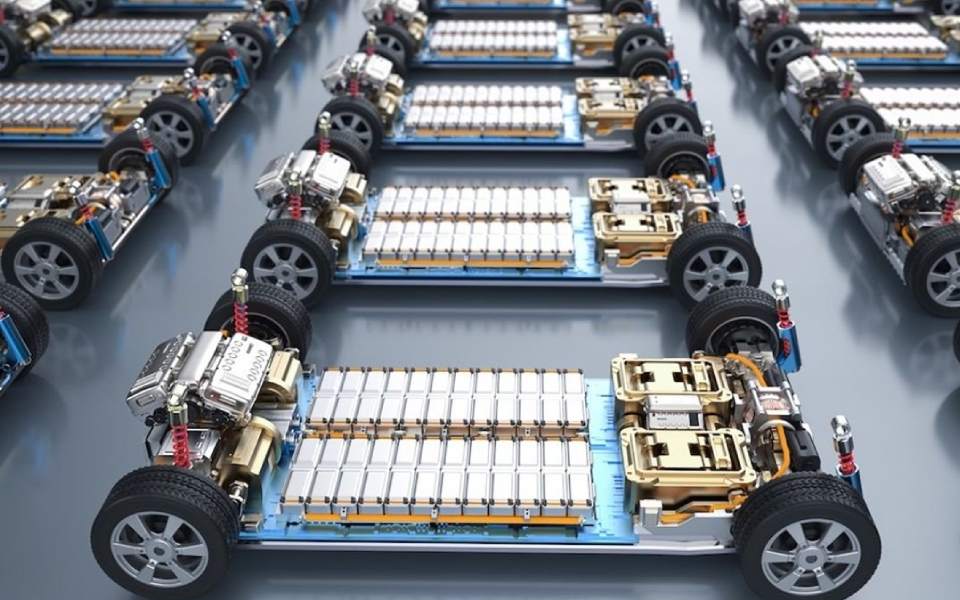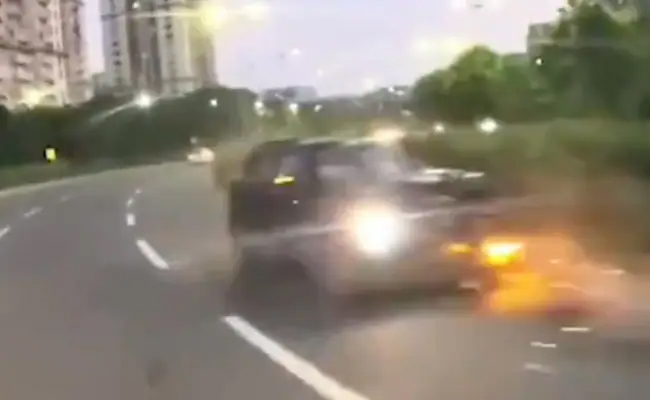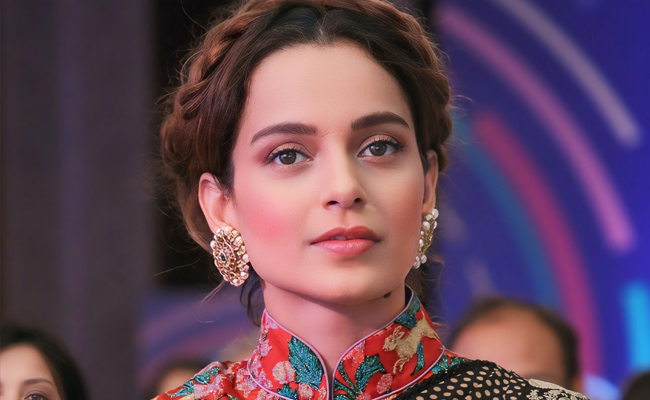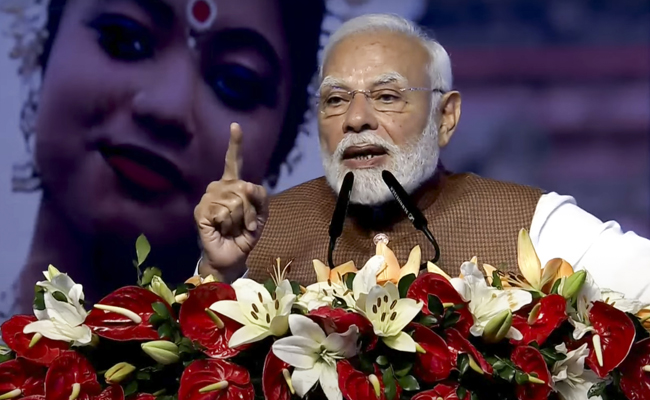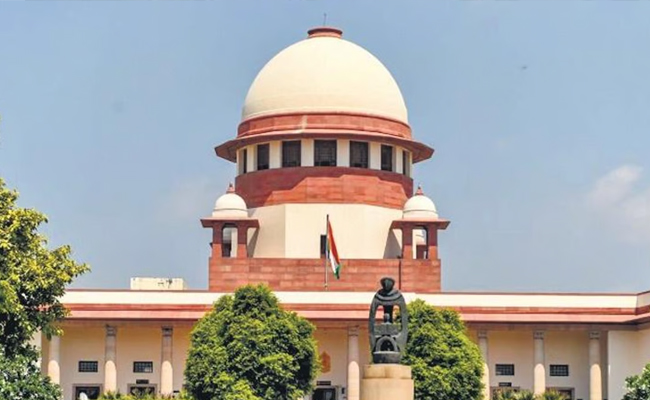New Delhi, Mar 15: The government on Friday approved an electric-vehicle policy, under which import duty concessions will be given to companies setting up manufacturing units in the country with a minimum investment of USD 500 million, a move aimed at attracting major global players like US-based Tesla.
According to an official statement, the companies that would set up manufacturing facilities for EV passenger cars will be allowed to import a limited number of cars at lower customs/import duty of 15 per cent on vehicles costing USD 35,000 and above for a period of five years from the date of issuance of the approval letter by the government.
At present, cars imported as completely built units (CBUs) attract customs duty ranging from 70 per cent to 100 per cent, depending on engine size and cost, insurance and freight (CIF) value less or above USD 40,000.
The policy seeks to promote India as a manufacturing destination for EVs and attract investment from reputed global EV manufacturers, it added.
The approved applicants will have to set up manufacturing facilities in India with a minimum investment of Rs 4,150 crore (USD 500 million) for the manufacturing of e-4W (electric four-wheelers).
The manufacturing facilities will have to be made operational within a period of 3 years from the date of the issuance of the approval letter by the Ministry of Heavy Industries and achieve a minimum DVA (domestic value addition) of 25 per cent within the same period, and increase it to 50 per cent in five years.
According to the scheme, the company will be allowed to import CBUs of e-4W manufactured by them at a reduced customs duty of 15 per cent, subject to the conditions.
Under this scheme, EV passenger cars can initially be imported with a minimum CIF (cost, insurance, freight) value of USD 35,000 at a duty rate of 15 per cent for a period of five years from the date of issuance of approval letter by the ministry of heavy industries (MHI).
The maximum number of e-4W allowed to be imported at the reduced duty rate will be capped at 8,000 per year. The carryover of unutilised annual import limits would be permitted.
The scheme also said the lower customs duty of 15 per cent will be applicable for five years.
The bank guarantee will be returned only when 50 per cent DVA is attained and the investment of at least Rs 4,150 crore has been made, or to the extent of duty foregone in five years, whichever is higher, the statement added.
Briefing media, Secretary in the Department for Promotion of Industry and Internal Trade (DPIIT) Rajesh Kumar Singh said the interested companies will have to apply through a portal and mention various details like import requirements.
The scheme will be administered by the Ministry of Heavy Industries.
"We felt that if we give tariff benefits, at least, we should have reasonably stringent performance requirements on investment, and also fairly stringent DVA (domestic value addition) requirements to ensure that the local ecosystem and local manufacturing develops," Singh told reporters here.
When asked besides Tesla, which other firms have shown interest, he said, "There are multiple expressions of interest".
Applications will be invited within 120 days (or more) of notification of this scheme.
The window for receiving applications through the notice inviting applications will be for a period of 120 days (or more). Further, the government will have the right to open the application window, as and when required, within the first two years of the scheme.
As per the scheme notification, the expenditure incurred on land will not be considered for meeting the threshold criteria of cumulative minimum domestic investment.
As per the eligibility criteria, the global group revenue of the company that would apply to seek the benefits of the scheme should be a minimum of Rs 10,000 crore.
The scheme will be implemented through a Project Management Agency (PMA), which will be responsible for providing secretarial, managerial and implementation support.
All the applications will be finalised within 120 days from the date of submission of applications or receipt of clarification sought, if any.
The statement said that to avail lower customs duty under the scheme, the approved applicants will be required to submit import applications on an annual basis.
The investment commitment made by the company will have to be backed up by a bank guarantee in lieu of the custom duty forgone. The guarantee will be invoked in case of non-achievement of DVA and minimum investment criteria defined under the scheme guidelines.
Recently in an interview with the PTI, Commerce and Industry Minister Piyush Goyal said that India will not tailor its policies to suit US EV maker Tesla, and its laws and tariff rules will be formulated to attract all-electric vehicle manufacturers from across the world to set up a base in the world's fastest-growing economy.
Besides Tesla, the other major global manufacturer of e-vehicles is China-based BYD.
The Indian factory, as and when it happens, would be Tesla's sixth vehicle plant.
The fast-growing EV market in India is catching the eyes of global players. Vietnam-based electric vehicle manufacturer VinFast has also earmarked investments of USD 2 billion (Rs 16,000 crore) in Tamil Nadu for setting up an electric vehicle car and battery manufacturing facility in Tamil Nadu.
India's electric vehicles market is expected to grow to one crore units in annual sales by 2030 and create five crore direct and indirect jobs, according to the Economic Survey 2022-23.
As per industry estimates, the total EV sales in India stood at around 10 lakh units in 2022.
In India, Tata Motors is the leading player in passenger electric vehicles. The company's current EV portfolio comprises Nexon EV range, Tiago EV and Tigor EV.
Let the Truth be known. If you read VB and like VB, please be a VB Supporter and Help us deliver the Truth to one and all.
Patna: A speeding truck rammed into an auto rickshaw carrying passengers near the Pragati Petrol pump within the jurisdiction limits of the Chhabilapur Police Station of Nalanda district on Wednesday, resulting in the death of three people on the spot and three others being grievously injured.
The deceased are identified as Kanchan Devi, Dilip Kumar and Bindi Prasad. The injured individuals, Priyanka Devi, Rinki Devi and Ravi Ranjan Kumar, were initially treated at the Rajgir sub-divisional hospital, but, as their condition was critical, they were shifted to the Pawapuri Medical College and Hospital, as advised by the doctors at the Rajgir hospital. While the medical report states that the condition of all the injured is stable, the incident has caused immense distress among their families.
Deputy Superintendent of Police (DySP) Sunil Kumar Singh, Sub-divisional Police officer Kumar Omkeshwar, Inspector Sanjay Kumar and Chhabilapur and Rajgir Police Station inspectors visited the hospital and inquired about the three people injured in the accident, reports NDTV, adding that the police are investigating the case.
Sanjay Kumar, SHO of the Chhabilapur Police Station, said that they have registered a case against the driver of the truck for rash and negligent driving. The officer added that the driver was absconding since the accident occurred.
The victims were traveling in an auto rickshaw from Rajgir to Barnaussa on Wednesday, when the accident occurred. The eye-witnesses have called the truck-rickshaw collision as severe, adding that it gave rise to chaos and panic at the accident site.
The accident highlights the persistent problem of reckless driving on Bihar's roads, which frequently results in major casualties, including fatalities. The families of the people affected by the accidents have been urging swift justice and proper support for the victims. The local administration has assured to implement necessary measures to ensure safety of road users and bring those responsible for the accident to justice.

